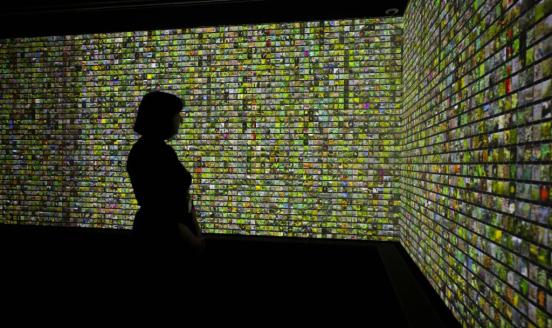How economics shapes science

With countries struggling to build their post-crisis knowledge based growth strategies, there is an increased interest in understanding science to as engine of growth. Society’s grand challenges like climate change, ageing, security require science to effectively tackle them. The US science system is typically invoked as the frontier. But one typically lacks detailed knowledge on how it actually operates.
Paula Stephan’s book provides a wealth of facts, figures and stories on the recent trends in the US science system. The data are processed through an economic framework, analyzing the incentives of researchers, what university science costs, who pays for it and who benefits. Paula’s book can help corporate users of science and science policy makers see what levers they have (or do not have) to direct science.
Paula Stephan presented the main insights from her book How economics shapes science after which Fabien Petitcolas presented the view from a corporate with large investments in US and EU science and Isi Saragossi shared the view of EU STI policy making.
The event was jointly organised with

Speakers
Panelists
- Paula Stephan is Professor of Economics at Georgia State University and Research Associate at the National Bureau of Economic Research.
- Isi Saragossi, Director International Cooperation, EC- DGRTD
- Fabien Petitcolas, Director for Innovation at Microsoft
Chairs
- Richard L. Hudson, CEO & Editor of Science|Business
- Reinhilde Veugelers, Research Fellow at Bruegel
Podcast
<iframe src="http://w.soundcloud.com/player/?url=http%3A%2F%2Fapi.soundcloud.com%2Ftracks%2F37454850&show_artwork=true" frameborder="no" height="166" scrolling="no" width="100%"></iframe>
Event materials
- Paula Stephen's presentation here


